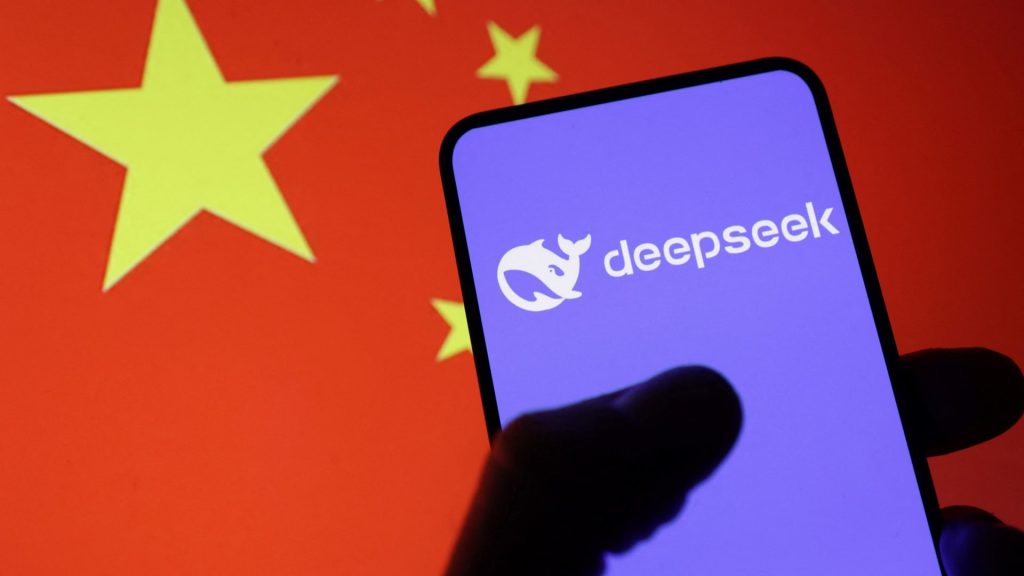UBS has narrowed down its Chinese artificial intelligence plays to two leading companies. With several mainland companies having had a chance to monetize generative AI in the past two years, leaders and laggards are now emerging. “We favor AI-driven and alpha growth names with strong execution,” a team led by the investment bank’s Hong Kong-based strategist Eva Lee wrote in a report earlier this month. “We believe that the sector … has not fully priced in growth prospects yet.” “China’s internet leaders are accelerating AI monetization, backed by domestic chip development and LLM innovation,” the analysts said, referring to advancements in the large language models powering generative AI. Alibaba, Tencent Based on positive second-quarter results in late August, the UBS analysts favor U.S.-listed Alibaba and Hong Kong-traded Tencent in the AI category. Alibaba shares are up 83% in the U.S. for the year so far, while Tencent’s have gained more than 54% in Hong Kong. The pair have outperformed their Chinese internet rivals Baidu and JD.com , whose U.S.-listed shares are up by 36% and down by 3%, respectively, year-to-date through Friday. Shares of food delivery provider Meituan are down by more than 36% in Hong Kong in 2025. Alibaba is the “largest AI enabler in China with full-stack AI cloud infrastructure,” the UBS analysts said. As for Tencent, it’s likely to benefit from “AI enhancement to gaming and advertising [with] potential upside from AI agents.” “In the past quarter, we observed that China internet companies have reaped tangible AI benefits. This is evident in both actual numbers and positive management outlooks, especially in the advertising and gaming sectors,” the UBS analysts said. Forging ahead While it’s unclear when Nvidia will resume shipments of its U.S.-compliant H20 chips to China, local companies have been forging ahead. “Chip restrictions have not emerged as a major concern for China’s internet giants, which have reported sufficient chip stockpiles for training, and ongoing software improvements that enhance existing chips’ efficiency,” the UBS analysts said. In particular, the analysts highlighted how their two AI stock picks have “emphasized the availability of multiple options for inference chips, reducing their reliance on imported chips.” The two Chinese companies are also ramping up their spending to capture future AI opportunities. In the second quarter, Alibaba sped up its AI-related capital expenditure by more than 50% from the average seen over the past four quarters. Tencent more than doubled its capital expenditure year-over-year, to 19.1 billion yuan in the second quarter, and affirmed its plans to spend more on AI this year. “These moves in 2Q25 reflect growing confidence in AI’s long-term potential, with leading companies prioritizing robust, targeted investments to support future growth,” the UBS analysts said. To be sure, neither company is exclusively focused on AI development and each still has other major business segments — e-commerce for Alibaba and gaming for Tencent. Alibaba has been heavily subsidizing instant delivery in a fierce competition with rivals JD.com and Meituan, while Tencent still faces uncertainty over gaming regulations, despite an easing of draconian measures seen a few years ago. — CNBC’s Michael Bloom contributed to this report.
AI monetization is spreading. UBS shares some favorite China plays
No Comments3 Mins Read

